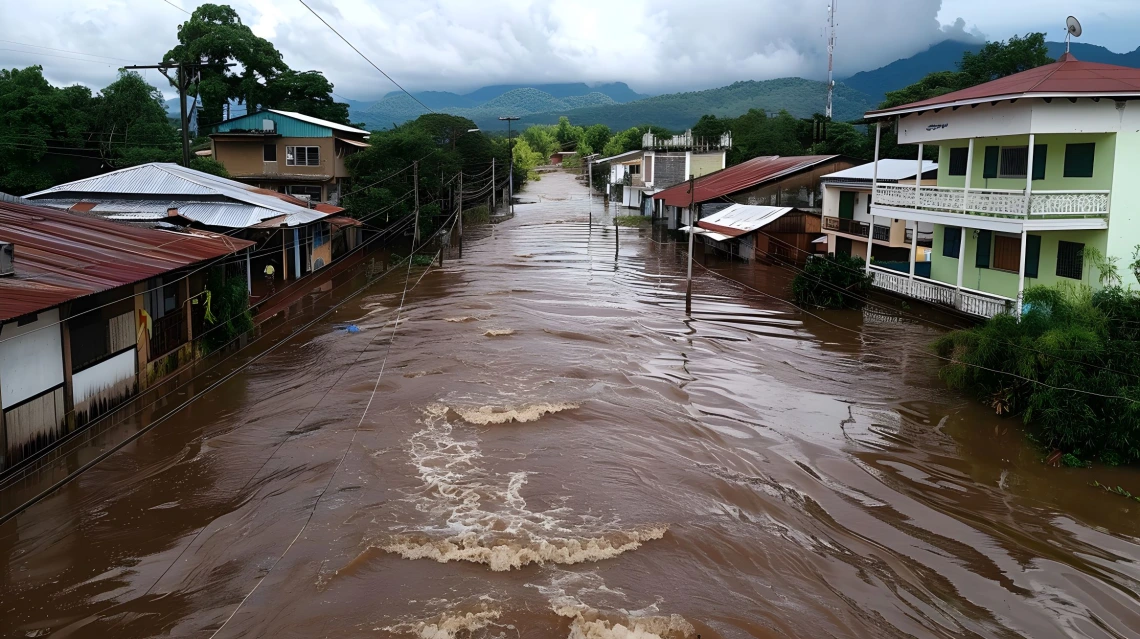
When
Weekly Seminar Format
Available in-person and via Zoom. Contact the department to subscribe to the email list (zoom link provided in announcement).
Abstract
Globally, flooding affects more people than any other environmental hazard and their consequences are far from uniform, often exacerbating existing social and economic vulnerabilities. The escalating severity of heavy precipitation has the potential to amplify the disproportionate effects of flooding on vulnerable populations. In particular, flooding is known to affect numerous health outcomes including infectious disease, mental health, and access to healthcare. However, previous investigations on flood damage and loss have been limited to a handful of health outcomes, localized case studies, and rarely attending to the disproportionate burden experienced by vulnerable communities. The lack of empirical evidence is, in part, due to inconsistent and sparse records of historical flood exposure. This talk will explore how novel methods to characterize flood exposure with satellite imagery and machine learning can enable empirical analyses of flood-related health outcomes across large spatio-temporal scales. Example studies from the United States and Bangladesh will demonstrate how such methods can work in data rich and sparse contexts. This work provides insight into how flooding can influence health over longer time horizons than previously studied while also identifying underlying factors that predispose communities to loss and damages.
Bio
Dr. Jonathan Sullivan is an assistant professor in the School of Geography, Development & Environment at the University of Arizona. His research focuses on the intersection of climate hazards, land rights, and human well-being. Through this work, Dr. Sullivan explores how uneven rights and access to natural resource gives rise to environmental injustices and inequality. This research is currently focused on how climate hazards, principally flooding, is creating urgent human health concerns for marginalized populations around the globe. Dr. Sullivan’s previous work on changing land rights in Africa and their influence on carbon emissions and food security has been published in Nature, Proceedings of the National Academy of Sciences, and Environmental Research Letters.

